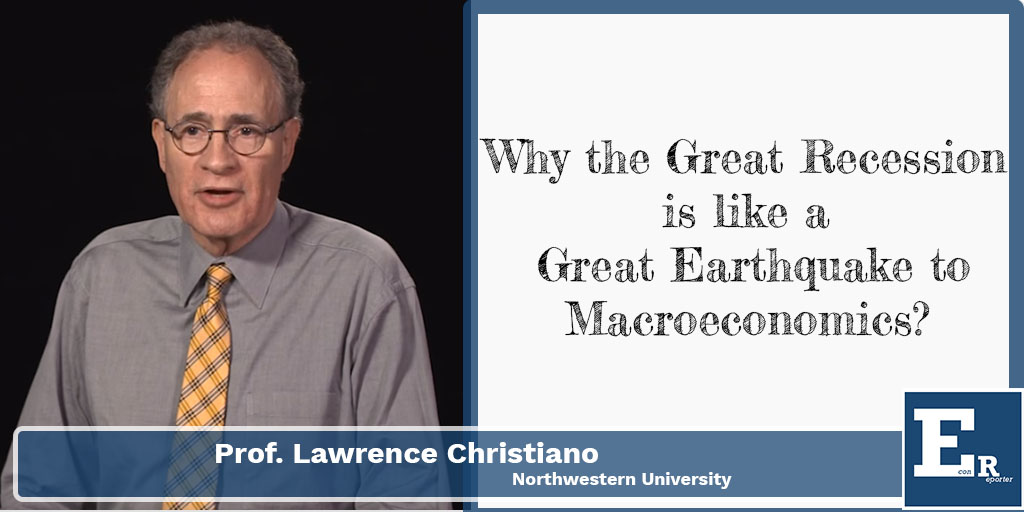Hong Kong Linked Exchange Rate & HKD-USD interest rate differential
HKD tends to be on the strong side (closer to HKD 7.75 per USD) when the interest rate differential is positive (HIBOR > LIBOR).
Why the Fed announces “not-QE” Treasuries purchase program?
Federal Reserve announced yesterday that it will start purchasing Treasury bills from Oct 15 (Tuesday) until at least the second quarter of next year.
The problem with monetarist’s view of inflation
Long-run stability of the velocity, or the filpside of it, money demand, however, is not a empirically founded assumption.
The repo spike is not liquidity crisis; it is a crisis for Fed’s floor...
The floor system needs a cap on top of it. The sooner the Fed realizes it, the better they will be prepared for the coming financial turmoil.
Is there a Zero Lower Bound?
In a recent research, four European Central Bank economists found that negative interest rate policy in the eurozone can encourage banks to increase lending and encourage cooperations to increase investments.
That is, contrary to what macroeconomics models usually predict, interest rate policy can still has stimulative effect even the zero lower bound is reached.
When will Hong Kong’s Interest Rates Align With the US?
If you think the interest rate gap between Hong Kong and US is a market phenomenon, think again. HK Monetary Authority has a much bigger role than you think
Phillips Curve is Not a Straight Line…
A story about three economists agree with the prevailing consensus that the Phillips Curve of the US is flattened in the last few decades on the one hand; and dispute the idea that the Phillips Curve is dead on the other.
FedSpeak Might Not Have Much Effects on Public’s Inflation Expectation
In a recent NBER working paper "Monetary Policy Communications and their Effects on Household Inflation Expectations", economists Olivier Coibion, Yuriy Gorodnichenko and Michael Weber tried to find out how the household's expectation for inflation change with regard to the information they received.
Derivatives’s Credit Terms in Eurozone Tighten Further
The latest SESFOD shows that the credit terms offered to counterparties for both securities financing and OTC derivative transactions is further tightened.
The Rise of Non-Bank US Dollar Credit Continues
The latest BIS global liquidity indicators showed that the share of Non-bank USD denominated credit continued its rising trend.
















